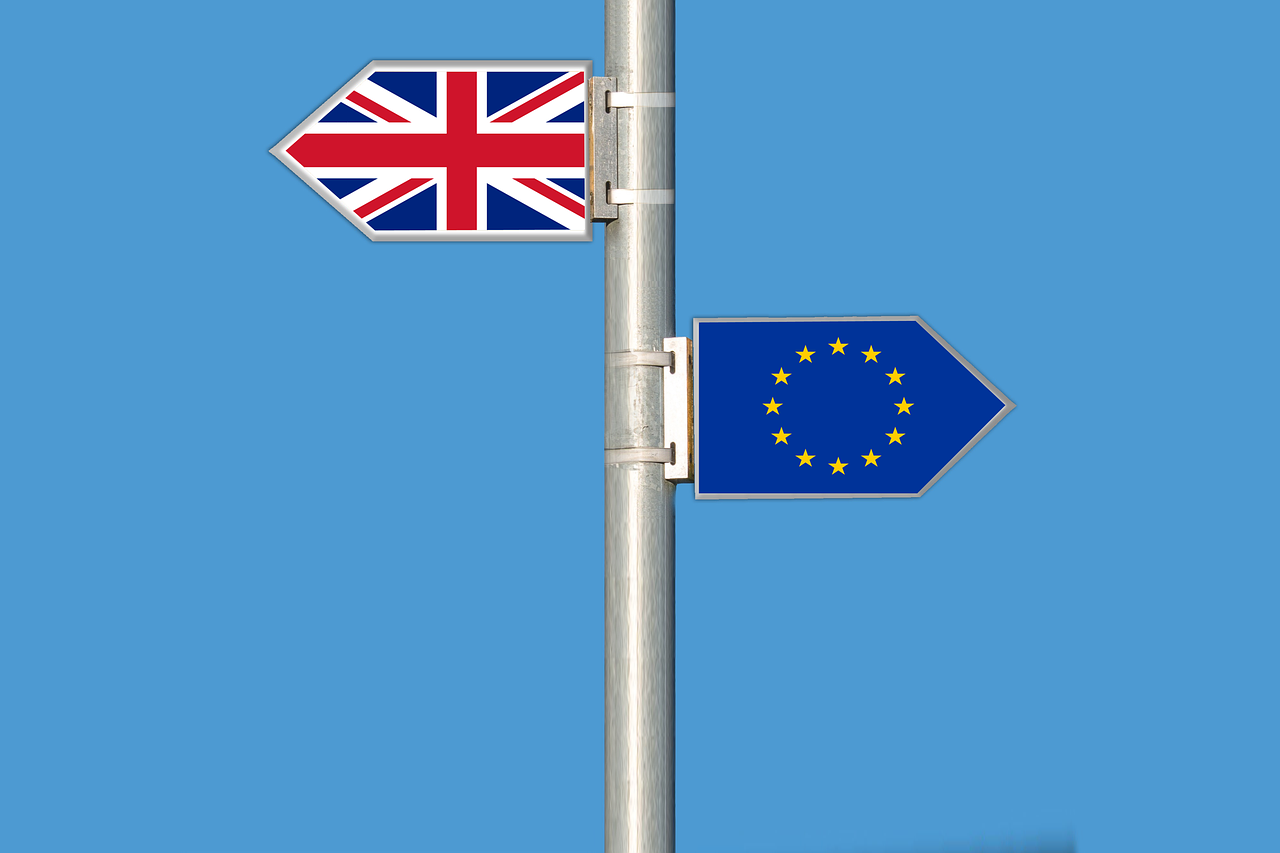* This blog post was originally posted on The Sociological Review at http://www.thesociologicalreview.com/blog/beware-the-politics-of-scapegoating.html
In the aftermath of the referendum, commentators have been grappling with the need to explain the result and inevitably the demographic profile of voters, and more specifically that of Leave voters, has been scrutinised. One survey conducted and published by Lord Ashcroft Polls has been quoted by all the news media and it is the first line of the analysis which has caught fire: the older the voters, the more likely they were to have voted to leave the EU. In this context a vote for leaving the EU was constructed as a conservative act. It resonated with the suspicion that the old are inherently conservative.
To add to the mix, the current finding has been swiftly translated into the unquestioned truth that by voting to leave, the old have betrayed the young and acted selfishly without thought for the future of young people and their freedom to travel, study and work abroad. This unleashed a shower of vitriol in social media against the old, a perfect storm of intergenerational conflict.
But this narrative is not new. Not so long ago, David Willetts published a book rehearsing the thesis that babyboomers had been the beneficiaries of postwar welfare fuelled by rapid economic growth, but when things got tough in the decline years ushered in by deindustrialisation, they rapaciously refused to let go of their benefits, especially their ‘gold-plated’ pensions, impoverishing subsequent generations.
This is highly problematic. Firstly as Alan Walker stated back in the 1990s, this argument doesn’t stand up to scrutiny. Shrinking welfare resources is a political and ideological decision, inscribed in the pursuit of a smaller state and intergenerational conflict is a convenient strategy to legitimise it. Secondly, there was something in this campaign which encouraged older voters to get out and vote, whilst more young voters stayed away. Thirdly, voting to leave might prove not to be a conservative act because we still don’t have a roadmap for how exit will be implemented and it might engender deep divisions in the UK and society which are as yet difficult to predict. Fourthly, the campaign to leave was dominated by powerful, albeit facile, narratives around national identity, national sovereignty and the nature of democracy without any challenge from convincing counter-narratives, which might have found favour with those who have felt the full force of austerity.
Because of course, not all babyboomers have generous pensions. Many have suffered from the depredations visited on the welfare state by successive governments. They have watched their children and grandchildren suffer from the economic downturn whilst the elite have been enriching themselves. Thus age masks a whole range of diverse ‘interest’ groups and intersections. We should drill down further into these figures before we proffer hastily put together explanations. In our search for understanding we mustn’t replace the scapegoat of the Leave campaign (the migrant) by another (the old), however deeply concerned we are with what lies ahead.


1 comment
Thank you for making this post! Have you, or if not have you considered writing something similar as an opinion-editorial in a UK newspaper?